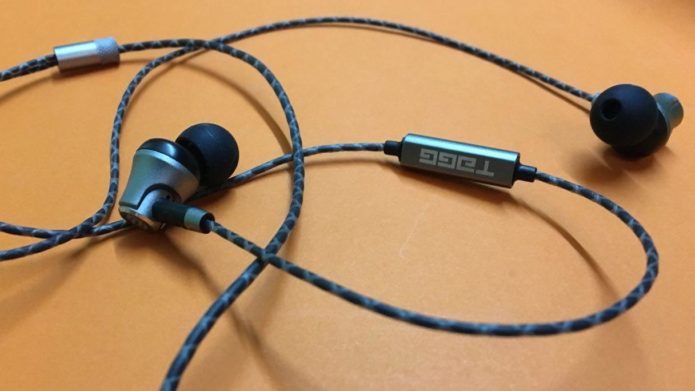PROS
- Metal Build
CONS
- Muddy sound
- Single button
Tagg Metal: Detailed Review
The Tagg Metal is one of the latest budget IEMs to show up at our test labs. While priced at an MRP of Rs. 2999, it usually sells for Rs. 999 which pits it against the likes of Ant Audio W59 from our recent pit of tested IEMs, among other units. Right out of the box, it does look like any other sandblast finish pair of IEMs, but does the Metal part of the name actually stands for something?
Build and Design
There’s nothing remarkable about the Tagg Metal’s build – except for the fact that most of the casing, including the earpiece cavity, is made of metal. While the listed MRP of 2999 would make that a problem, the headphone currently retails at 999 and is unlikely to be more expensive in the near future. Although, it should be noted that the metal used is unlikely to add significant durability as it is a light aluminium alloy and feels quite light.
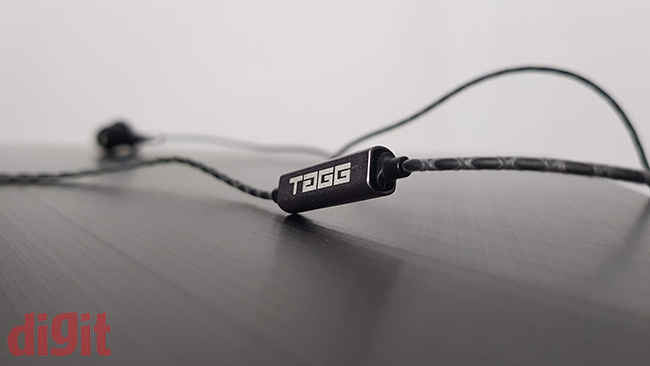
The singular button on the control unit handles multiple functions, as is the case with most basic wired IEMs. The button feels clicky and there’s an audible sound of the button press that pervades quite clearly into the earpiece, even during music playback. A rubberised button or something to dampen the clicking sound would have been appreciated. Even the control unit is made up of metal, which is a plus point.

The wires aren’t actually braided but look the part. There’s a criss-cross pattern on the normal wire enclosure, which, in turn, is enclosed in an anti-tangle coating. While this makes it look like a braided wire, the coating reduces tangling significantly. As long as the latter holds true, we’re not going to complain about the former. It does have a certain visual appeal, one that goes with the tough image that the Metal seemingly intends to portray. The headphone jack as well as the y-split are also made of metal and feature small portions with a grainy texture to add to the look.
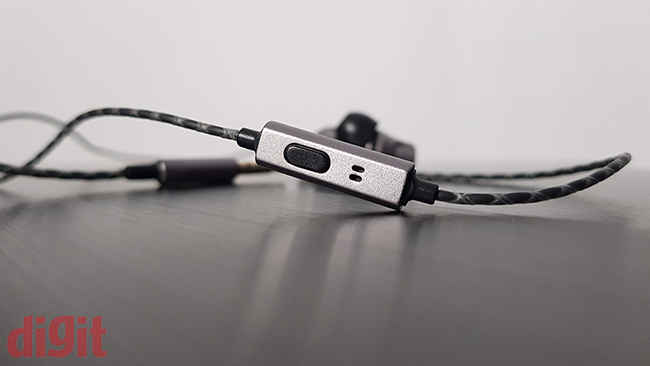
Features and Performance
While the Tagg Metal does have a significant bit of forwardness in its sound, it doesn’t end up sounding closed, which some of its competition does suffer from. With the 10mm drivers pushing warm and full audio into your ears, the bass is nice but not overdone. As Call on Me starts, the drums might make you feel like you’ll be missing out on most of the impact of Chris Rea’s beautiful vocals, but they sail right through, albeit with some amount of bass overpowering happening here.
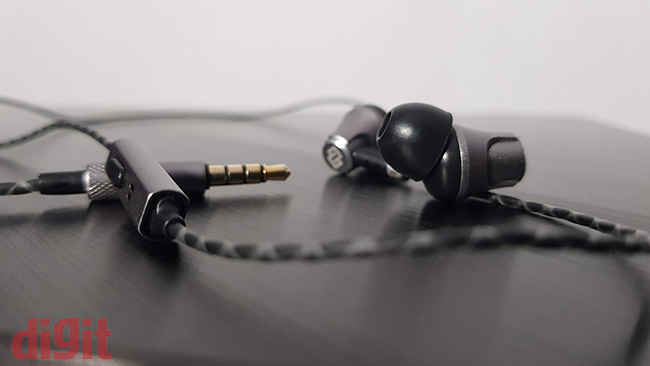
Putting Pull Me Under by Dream Theater shows that the Metal is weaker when it comes to head staging and handling well-layered, well-separated music. It sounds cheap although we’ve definitely heard worse. The same isn’t an issue when listening to pop tracks like Uptown Funk by Bruno Mars. Such tracks sound better as compared to rock and similar genres. That being said, the experience starts to fall apart as you push the volume higher, and the V-type sound signature shows through, where the extreme ends of the lows and highs take precedence at the cost of vocals and most instruments that fall in the middle, which feel like they’ve been put behind a tall wall that appeared out of nowhere. The listening experience becomes especially muddy after the 75% volume point.
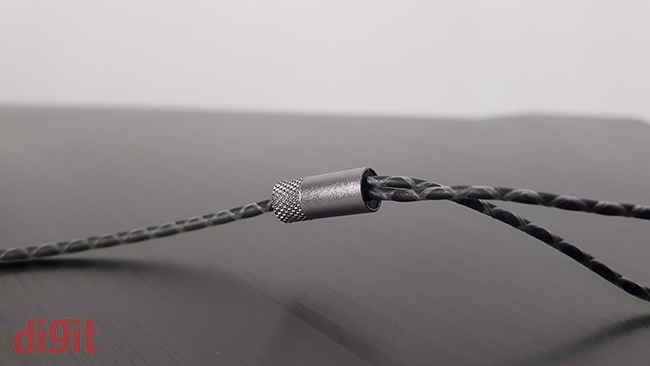
When it comes to tracks like Selkies by Between the Buried and Me, which feature a continuous high density of metal instruments up to almost the halfway point, the Tagg Metal offers up a grungy listening experience. Now, this might just be something that most people expect from their IEMs on high-density music, but when it comes to the Tagg Metal, this grunge also suffers from the same muddiness and ends up with a distorted result. When it comes to pure electronica and EDM, if you can ignore the suppressed sound then the Metal performs decently.
Verdict
With the Metal, Tagg is providing a good build at an affordable price. Sadly, the same cannot be said for its audio performance. While it is fairly average at its price point, there are better alternatives that are selling at a competing price. An overall muddiness and suppression bring down the listening experience to a low point with this one, which, unfortunately, cannot be saved by the build quality
(digit.in, https://goo.gl/d3WXCT)


